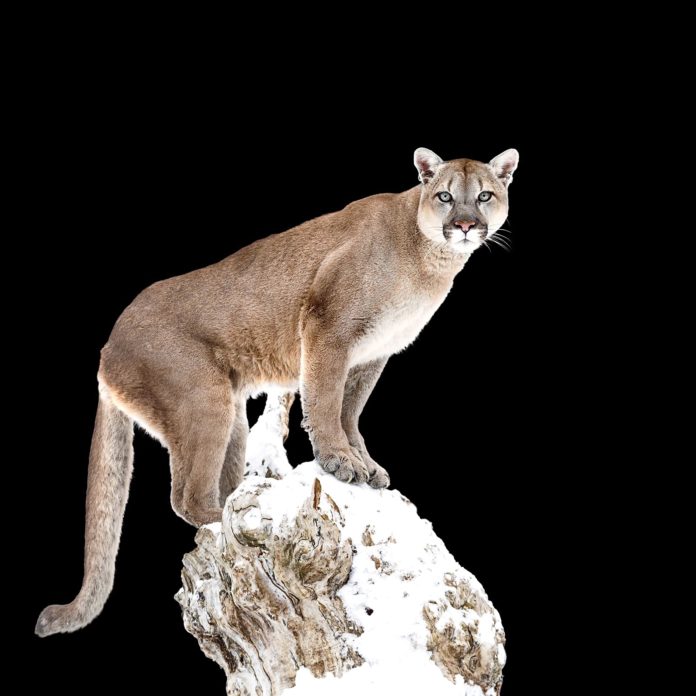
Breaking! California Governor Gavin Newsom Signs Critical Bill Protecting Mountain Lions & Other Species From Toxic Rat Poisons
By Lauren Lewis
You can help all animals and our planet by choosing compassion on your plate and in your glass. #GoVeg
RELATED ARTICLES
Undercover Investigation Reveals That New Fur Products Are Still Being Sold In California Despite Ban
Photos from HSUS
This week, the Humane Society of the United States (HSUS) released an undercover investigation identifying a handful of California retailers openly skirting...
Captain Paul Watson Foundation Fights To Stop The Killing Of Endangered Fin Whales In Iceland
Captain Paul Watson Foundation is launching Operation Ice Storm from Albert Dock in Yorkshire to directly oppose Iceland's last whaling company, Hvalur hf. Paul...
Conservation Groups Urge Federal Agencies To Prohibit The Killing Of Wildlife With Snowmobiles
More than 60 conservation groups from across North America filed letters today urging the U.S. Forest Service and Bureau of Land Management to immediately...
Popular stories
Breaking News
Stressed Tigers Forced To Perform At Carver County Fair In Minnesota; Take Action To End This!
On August 10th, the Humane Society of the United States (HSUS) attended the Carver County Fair Tiger Encounter exhibit to witness firsthand how the...
WAN Exclusive Update On A Controversial Case Of Alleged Neglect Of 20 Farm Animals In Colorado
After receiving a tip over the weekend about an alleged animal hoarding situation in Colorado that included starving pigs left outside in freezing conditions,...
News
Critical Bill That Would Prohibit Breeding, Importing & Exporting, And The Wild Capture Of Four Whale Species Is Introduced In The U.S.
Animal activists rejoice as the Strengthening Welfare in Marine Settings (SWIMS) Act was introduced last week. The legislation would phase out the captive display...


